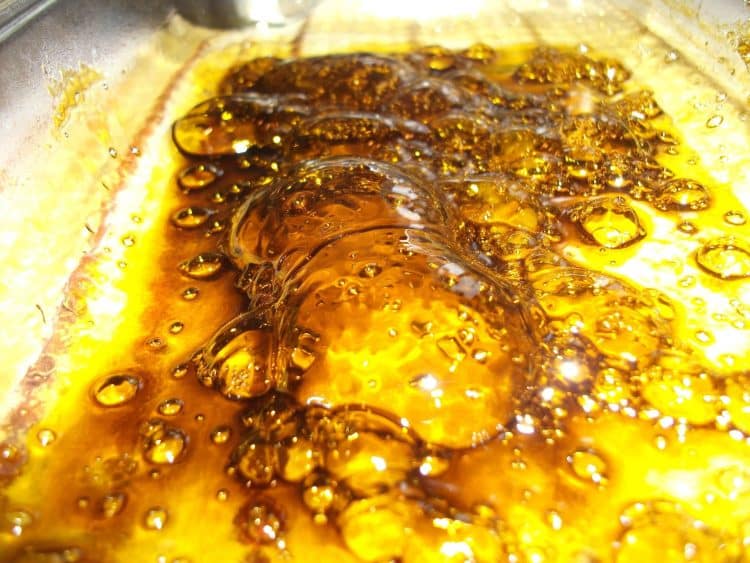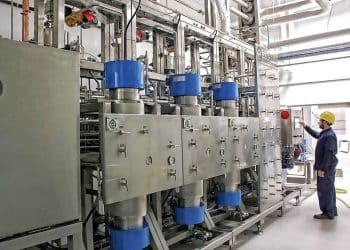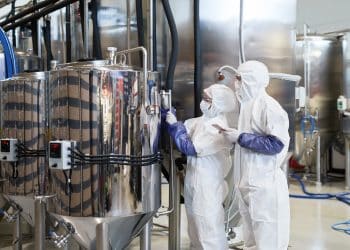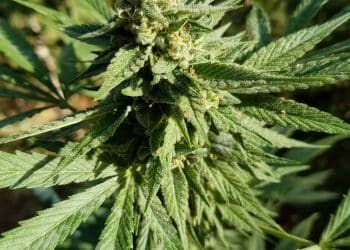You’ve likely come across passive and active closed-loop extraction systems. Throughout this article, we cover the contrasts between these two and, hopefully, help determine which might best for you.
To put it simply:
- A passive closed-loop system uses temperature (heating and cooling) to modulate pressure and thus recover hydrocarbon or ethanol solvent. In other words, solvent is recovered through distillation. Dry ice or cooling systems are used. Passive systems tend to lose more solvent during the process and are slower/less efficient.
- An active closed-loop system works similarly to a passive closed-loop system. The main difference is that it incorporates recovery pumps to facilitate rapid and efficient solvent recovery. This, in turn, recovers more solvent.
So, which system is best?
There are pros and cons when it comes to both closed-loop systems. However, if you’re new to extraction, a passive closed-loop system may be the better option. Not only is it less expensive, but it’s easier to operate and may provide a good understanding of how the process works. Still, even if you’re new to extraction but trying to extract cannabinoids on a commercial level, it may be in your best interest to go with an active closed-loop system.
Here are some pros and cons to give you a better idea.
Passive Closed-Loop System:
- Pros:
- It’s a simpler process in comparison to an active closed-loop system.
- It requires less maintenance than an active closed-loop system.
- It’s better suited for beginners.
- Cons:
- Solvent loss is greater.
- Solvent recovery time is longer.
- Over time, costs add up, namely due to chilling options.
Active Closed-Loop System:
- Pros:
- Decreases cost from chilling options (i.e. dry ice).
- Solvent recovery time is quicker.
- The bigger the capacity of the closed-loop, the more profitable the system becomes.
- Solvent recovery is greater.
- Cons:
- Recovery pumps must be sustained and, sometimes, repaired.
- The initial investment is more than that of a passive closed-loop system.
- Electric-powered pumps introduce a new potential hazard.
Which Closed-Loop System is Best for You?
From a professional standpoint, an active closed-loop system is generally the better option overall. However, as mentioned above, if you’re new to closed-loop systems, then you may be better off purchasing a passive set-up. Certain passive systems may be later upgraded. If you’re looking to make commercial use out of cannabis extracts, an active system may allow you to produce more product over less time. Passive systems are associated with smaller operations and personal use. Nonetheless, manufacturers have developed increasingly efficient passive systems.
Image: Vjiced; CC BY-SA 3.0











